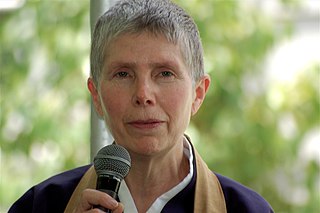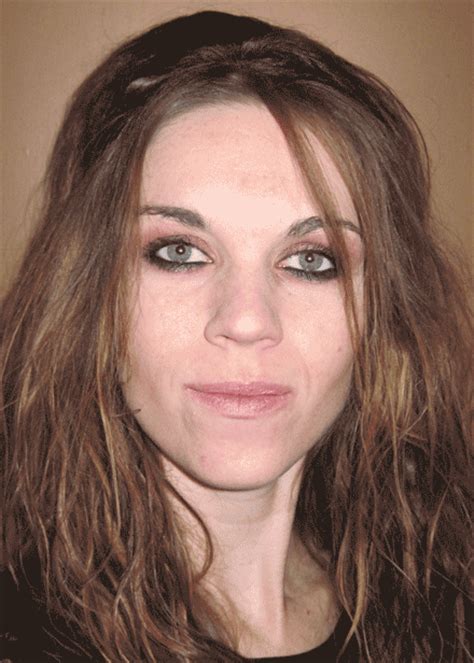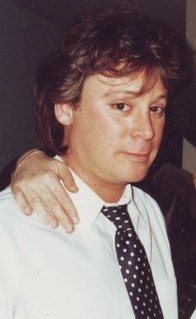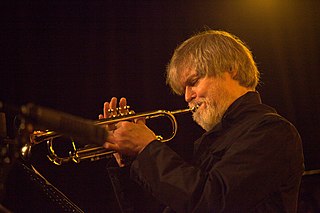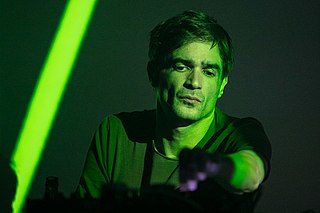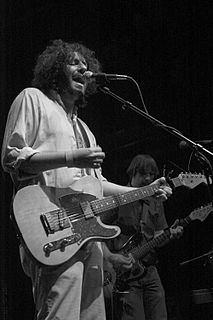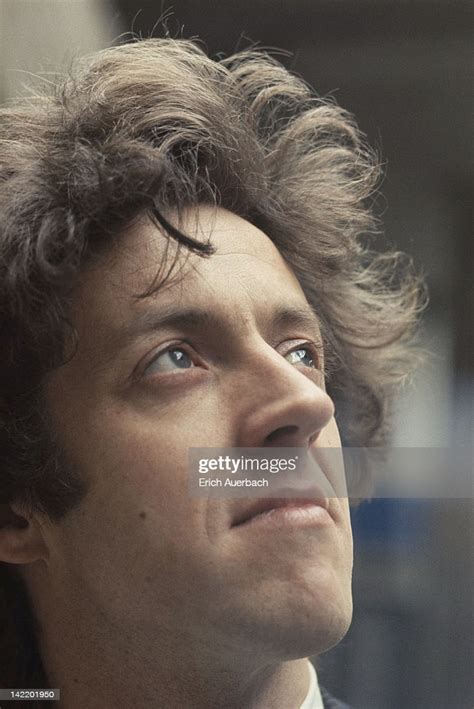A Quote by Andre Kostelanetz
Everybody should have his personal sounds to listen for - sounds that will make him exhilarated and alive or quiet and calm.
Related Quotes
We listen too much to the telephone and we listen too little to nature. The wind is one of my sounds. A lonely sound, perhaps, but soothing. Everybody should have his personal sounds to listen for-sounds that will make him exhilarated and alive, or quiet and calm... As a matter of fact, one of the greatest sounds of them all-and to me it is a sound-is utter, complete silence.
Several times a day, stop and just listen. Open your hearing 360 degrees, as if your ears were giant radar dishes. Listen to the obvious sounds, and the subtle sounds?in your body, in the room, in the building, and outside. Listen as if you had just landed from a foreign planet and didn?t know what was making these sounds. See if you can hear all sounds as music being played just for you. Even in what is called silence there is sound. To hear such subtle sound, the mind must be very quiet.
I let my head fall forward into his shoulder, breathing in his scent. "Now what do we do?" He's quiet for a while and I finally lean back to look him in the eyes. He appears conflicted by something and then he sets me down on the ground, lacing his fingers through mine. "Should we see where the wind takes us?" he asks. I stare at my hand in his and then look up at him. "That sounds good to me.
The therapist can interpret, advise, provide the emotional acceptance and support that nurtures personal growth, and above all, he can listen. I do not mean that he can simply hear the other, but that he will listen actively and purposefully, responding with the instrument of his trade, that is, with the personal vulnerability of his own trembling self. This listening is that which will facilitate the patient's telling of his tale, the telling that can set him free. (5)

